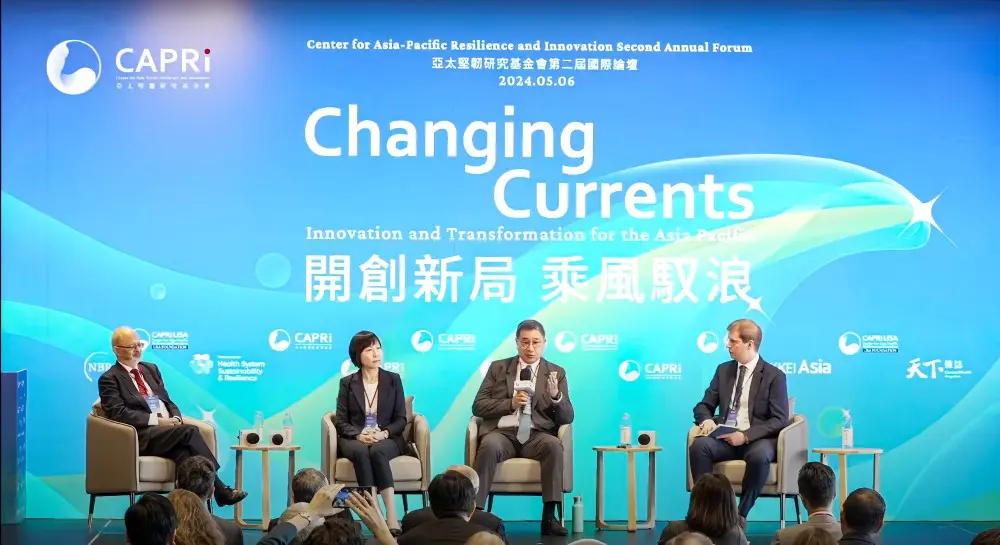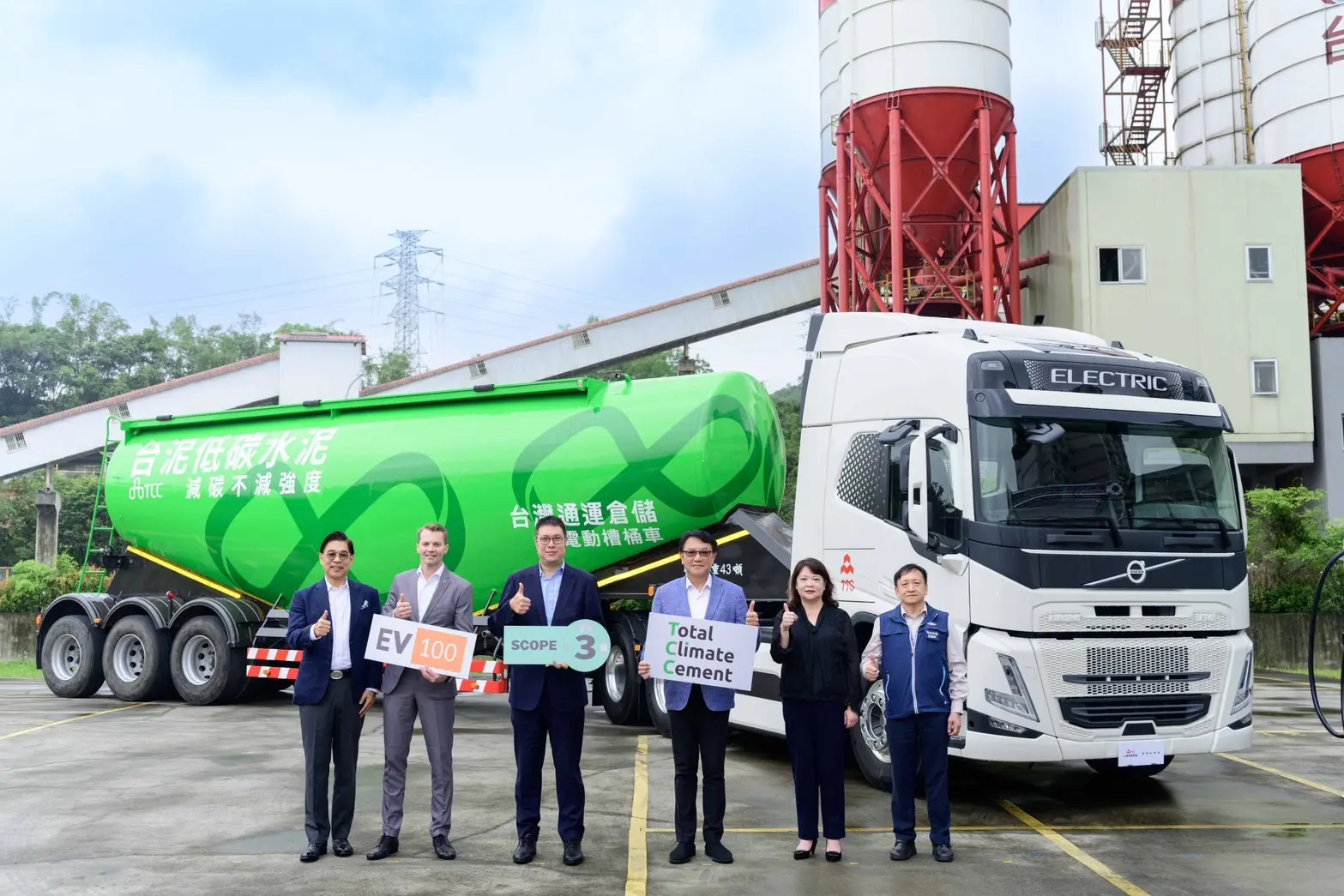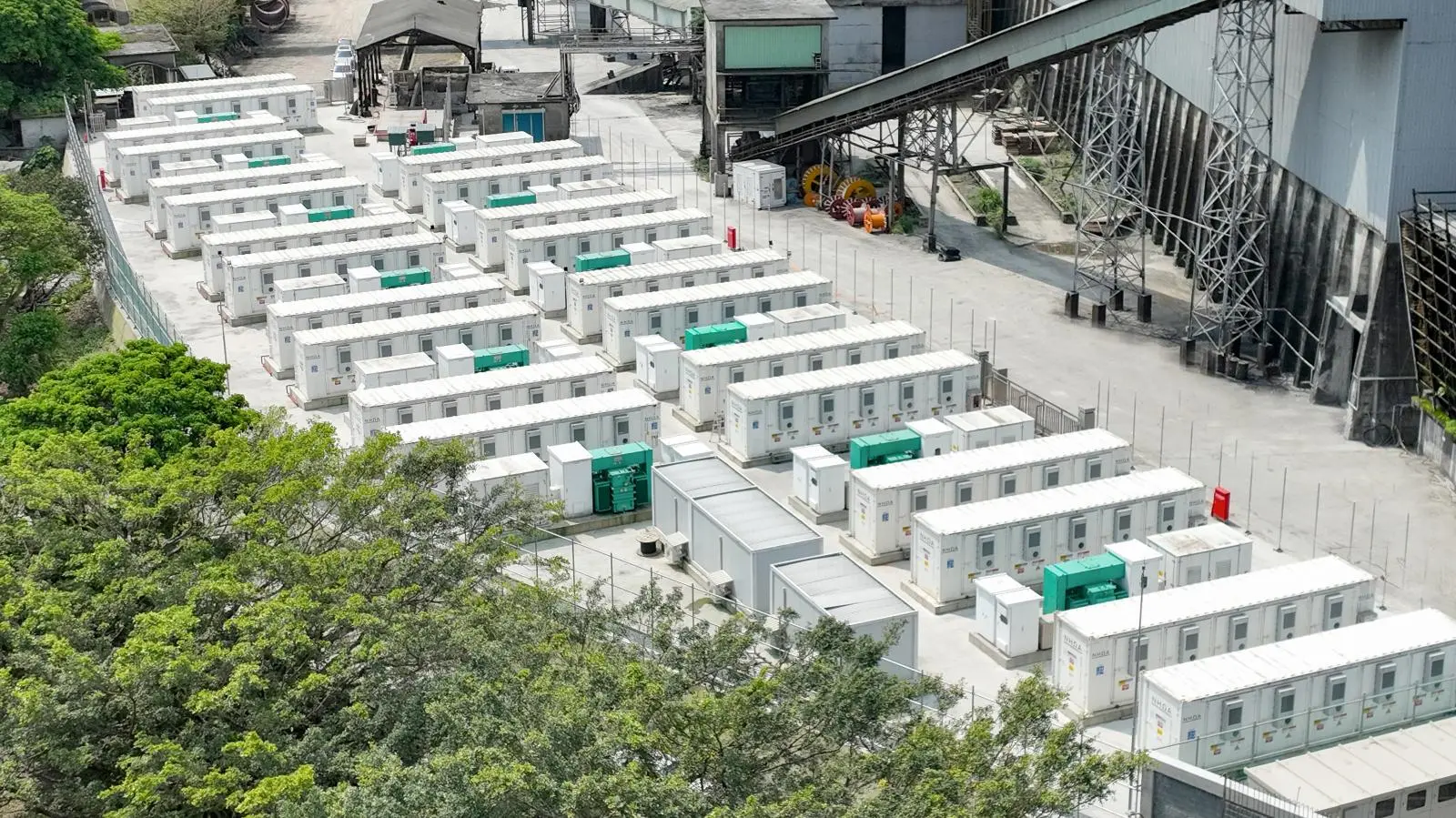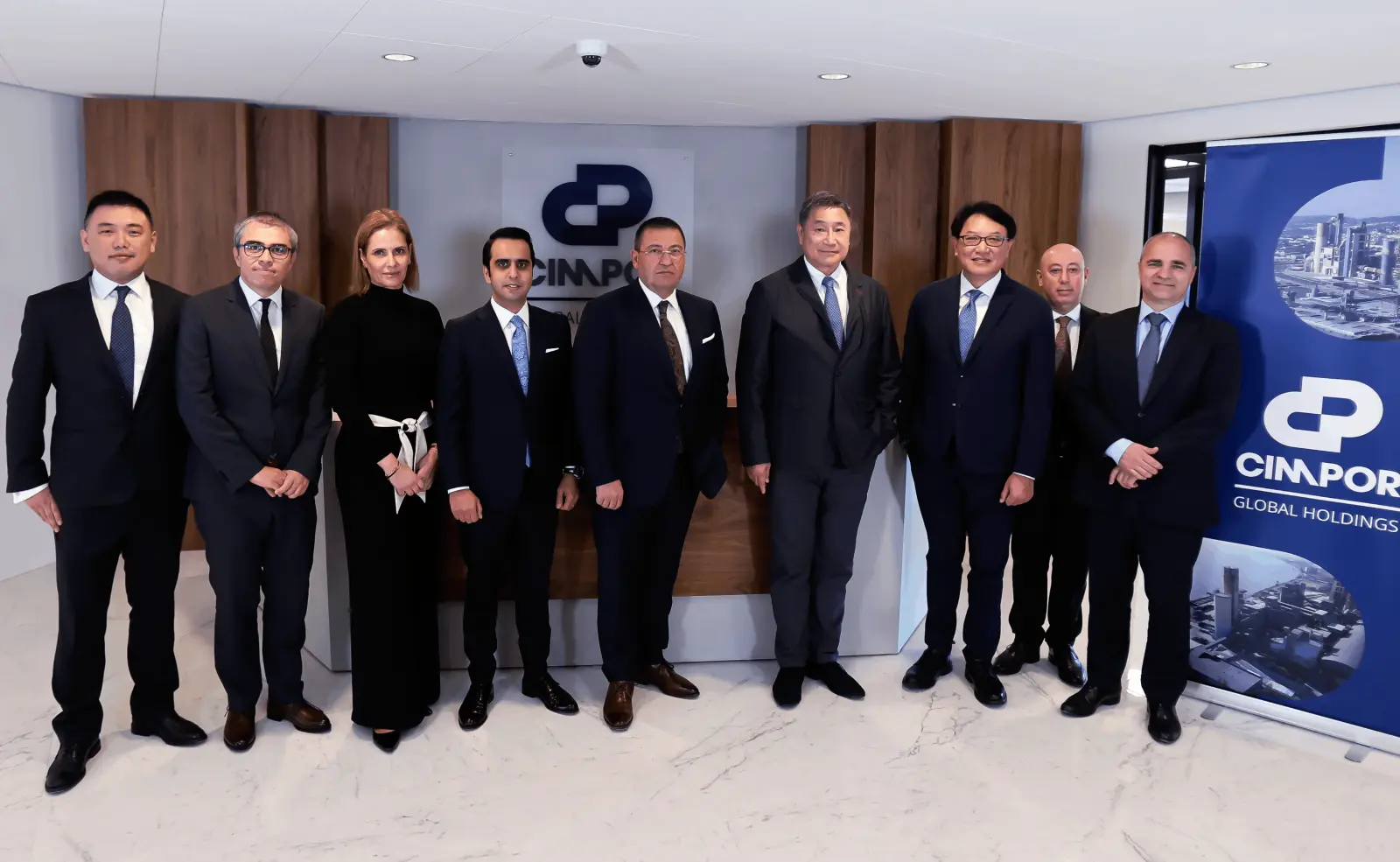TCC Supports Carbon Pricing and Urges Imported Goods to Declare Embedded Carbon for Taiwanese Version of CBAM
TCC Supports Carbon Pricing and Urges Imported Goods to Declare Embedded Carbon for Taiwanese Version of CBAM
2024.05.08
-
Copied

During a forum hosted by the Asia Pacific Resilience Research Foundation, TCC’s Chairman Nelson Chang emphasized the complexity of addressing climate change, economic development, and social and political systems, likening them to the "three-body problem" encountered in climate-related issues. This analogy arose as he addressed the recent topic of carbon fees or carbon border taxes, which have garnered attention from various sectors.
Nelson Chang made a special reference to the widely discussed science fiction novel "The Three-Body Problem" to illustrate that each aspect requires a unique solution, implying that there's no one-size-fits-all solution. He also stated, "I don't think greenhouse gases can be emitted without cost. There should be a cost for all carbon emissions." I In addition to supporting carbon pricing, TCC urged the government to extend carbon pricing systems to the border based on the spirit of the Carbon Border Adjustment Mechanism (CBAM). When local companies are required to pay carbon fees starting in 2025, they should simultaneously require the corresponding import raw materials and products to declare their embedded carbon, in accordance with the Climate Change Response Act, in preparation for the future implementation of the Taiwanese version of the CBAM.
TCC holds a positive attitude towards the Ministry of the Environment's inclusion of carbon leakage risks in the considerations for the sub-law on carbon fees. However, while the factors associated with the risk of carbon leakage set by the Ministry of the Environment may temporarily alleviate the impact of carbon pricing on the domestic economy, in the long term, without the accompanying Taiwanese version of the Carbon Border Adjustment Mechanism (CBAM), carbon leakage issues between Taiwan and other countries may arise.
TCC believes that Taiwan holds an important position in the global supply chain. For instance, small and medium-sized enterprises producing metal products like fasteners may inadvertently utilize imported high-carbon raw materials without paying carbon fees (taxes) either in Taiwan or in the exporting country. When these products are exported to Europe and the United States, it may be discovered that the carbon footprint is too high, and they may have to bear higher carbon costs, inevitably weakening Taiwan's overall export competitiveness.
TCC pointed out that if the government does not implement a Taiwanese version of the Carbon Border Adjustment Mechanism (CBAM), the implementation of carbon fees will likely lead to more high-carbon leakage risk enterprises transitioning from manufacturers to import processors. Taking the cement and steel industries as examples, this could potentially result in some local producers reducing their domestic production and heavily importing low-cost raw materials from overseas that lack carbon footprint information and do not incur carbon costs. Subsequently, these imported raw materials may be further processed, possibly achieving the reduction targets specified in the Ministry of the Environment's sub-law. Without the implementation of the Taiwanese version of the CBAM, the public sector cannot obtain carbon emission information on these imported raw materials. As a result, while Taiwan aims to achieve its overall national carbon reduction goals through the implementation of carbon fees, carbon leakage occurs at the border. This leakage undoubtedly transfers Taiwan's carbon emissions to other countries, resulting in "carbon leakage" between nations.
TCC understands that the Taiwanese version CBAM cannot be immediately implemented. However, as domestic industries begin to bear the cost of carbon emissions, corresponding imported raw materials and products should also fulfill their obligations to disclose carbon information. Therefore, TCC urges the Ministry of the Environment to adhere to the provisions and authorization of Article 31 of Climate Change Response Act. Starting in 2025, when domestic carbon fees are levied, it should formally require the declaration of embedded carbon for corresponding imported raw materials and products. Industries with high carbon leakage risks should be prioritized. This measure will also help the government monitor the carbon leakage at the border, facilitating the formulation of Taiwan's net-zero targets. TCC believes that since the Ministry of the Environment has clearly outlined a schedule for gradually increasing carbon leakage risk values before 2030, it should simultaneously establish a timetable for the Taiwanese version of the CBAM. This will also enable manufacturers of corresponding imported raw materials and products to prepare gradually and systematically in advance.
More Related Information
-
 2024.04.18Taiwan Transport & Storage Corporation (TTS) has introduced VOLVO electric tractor trucks, reducing carbon emissions by 32%
2024.04.18Taiwan Transport & Storage Corporation (TTS) has introduced VOLVO electric tractor trucks, reducing carbon emissions by 32% -
 2024.04.15TCC's 35 MW E-dReg Energy Storage System in Su'ao Commences Operations, Capturing 72% Market Share in Taipower's Highest-Value Electricity Trading Item
2024.04.15TCC's 35 MW E-dReg Energy Storage System in Su'ao Commences Operations, Capturing 72% Market Share in Taipower's Highest-Value Electricity Trading Item -
 2024.03.07TCC Completes €621 Million Expansion in Portugal and Turkey, and Secures Sustainable Loan facility for Global Lowest Carbon Cement Target.
2024.03.07TCC Completes €621 Million Expansion in Portugal and Turkey, and Secures Sustainable Loan facility for Global Lowest Carbon Cement Target.


